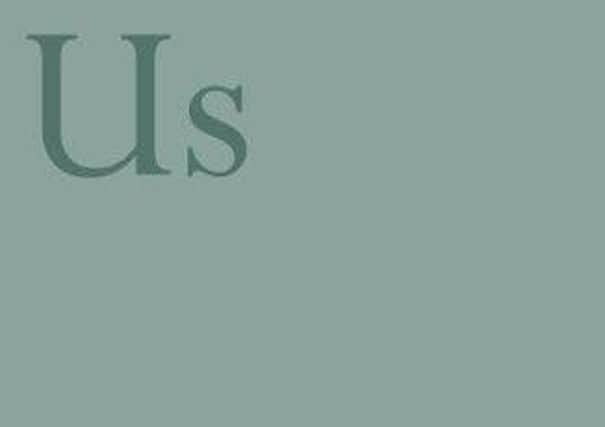Book review: Us, by Zaffar Kunial


The poet Zaffar Kunial was born in Birmingham. His mother was from the Midlands, with ancestors from Orkney, while his father was born in Kashmir. One of the most affecting poems in Us is entitled “Self Portrait as Bottom”, and in it Kunial delves into his genetic history by spitting into a test tube and posting it “to a lab across the Irish Sea”. To begin with, the results seem fairly prosaic: “I am split. 50% Europe. / 50% Asia.” But a more detailed breakdown brings a revelation. His European half is part British, part Irish, part Scandinavian and 1% “Italy/Greece”, while his Asian half is mostly “Asia South” but also 2% “Asia West, or Caucasus / which is anywhere above / the Himalayas to the Black Sea, / and almost meets / Mum’s small Italian/Greek, / but not quite.”
There’s something unexpectedly moving about this sense that perhaps, at some point in the distant past, one of his father’s ancestors and one of his mother’s might have been gazing out across the Black Sea from opposite shores at the same moment. The poet recognises the ridiculousness of this thought, but still: “this bit, the almost meeting, / I’ve felt at some level, / a low level, mutteringly, / a kind of abysmal underneathness / or usness, under the heights / of language.”
Advertisement
Hide AdAdvertisement
Hide AdIn the title poem, Kunial points out that in the Midlands where he grew up, “us equally meant me” and when read through that filter some of the other poems here seem to operate on two levels: on the one hand, they are attempts at answering the question “who is Zaffar Kunial?”; on the other, they are about the shared experiences that bind us and make us human.
“Prayer,” for example, is a painfully specific account of the poet’s last hours with his mother as she lay dying of cancer (“so spread / by midnight her rings were off”) but it is also a meditation on the universal cycle of life and death. Similarly “The Word” recalls an incident from the poet’s childhood when, as he sulked in his room, his father instructed him to come out and “enjoy the life”. The poet’s discomfort at his father’s grammatically inaccurate use of “the” is consequence of his desire to fit in, to show “I’m native here.” At the end of the poem, however, there’s also the realisation that Kunial senior’s use of the definite article was actually (albeit inadvertently) “half right, half wrong” – right in the sense that his life – and all our lives – are “the life” singular; the only ones we’re going to get.
Kunial also interrogates both the good and bad inherent in the word “us,” with its connotations both divisive (“us and them”) and inclusive (“all of us”), and nowhere is this more subtly managed than in the title poem. Early on, the word is a source of threat and confusion – “Oi, you, tell us where yer from” – but by the end, it feels triumphantly all-embracing:
“Us. I hope, from here on in, I can say it/ and though far-fetched, it won’t be too far wrong.”
Kunial may be a relative newcomer – this is his debut collection, following the publication of a pamphlet in 2014 as part of the Faber New Poets scheme – but there’s something about the precise, thoughtful, unhurried way in which he interrogates language that marks him out as a unique talent. As the Scottish poet Jackie Kay has said, he is a real find. ■
Us, by Zaffar Kunial, Faber, 55pp, £10.99. Zaffar Kunial is at the Edinburgh International Book Festival on 16 & 17 August